Varicose veins can be more than just a cosmetic concern; they can cause discomfort and affect your overall well-being. From simple lifestyle changes to medical interventions, here are six effective strategies to help you take control of varicose veins.

1. Exercise Regularly
Engaging in regular physical activity is crucial for improving blood circulation and reducing the risk of developing varicose veins. Focus on exercises that target your legs, such as walking, cycling, and swimming. These activities help strengthen your leg muscles, promoting healthier blood flow and preventing the pooling of blood in the veins.
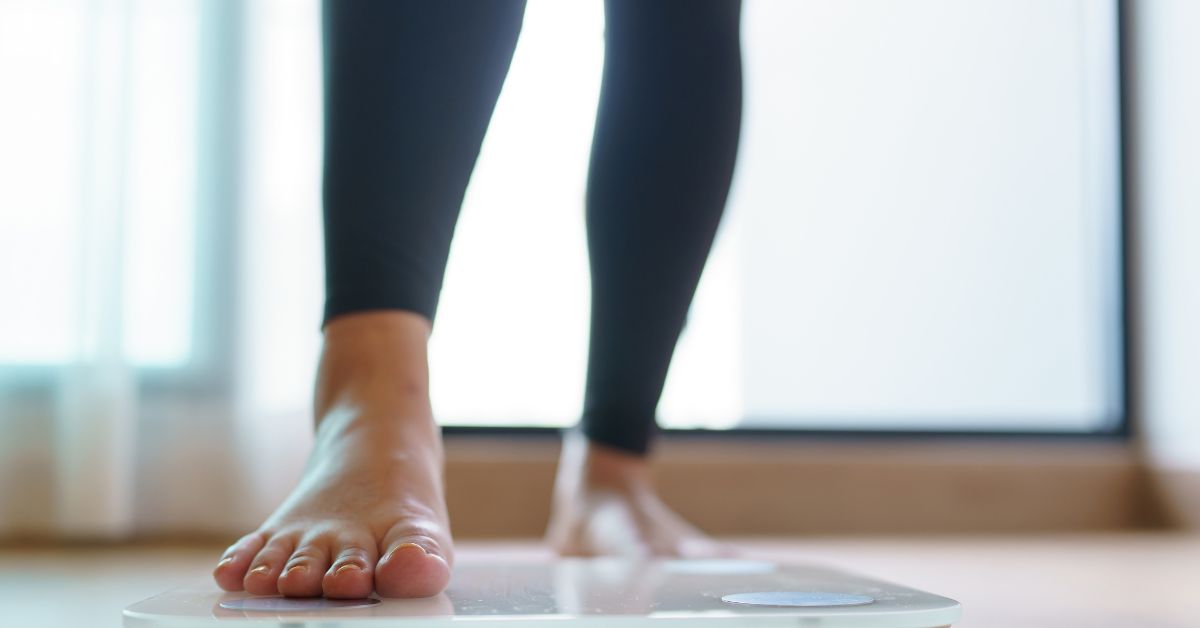
2. Maintain a Healthy Weight
Excess weight can put additional pressure on your veins, contributing to the development and exacerbation of varicose veins. By maintaining a healthy weight through a balanced diet and regular exercise, you can reduce the strain on your veins and decrease the likelihood of new varicose veins forming.
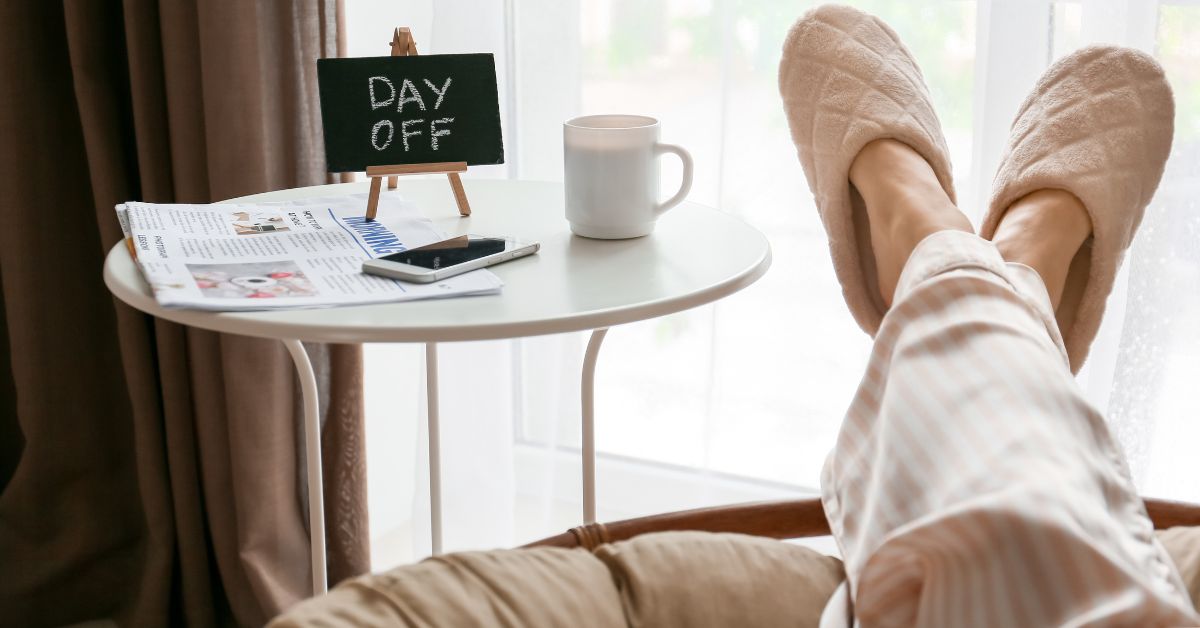
3. Elevate Your Legs
Give your legs a break by elevating them whenever possible, especially after prolonged periods of standing or sitting. Elevating your legs helps facilitate blood flow back to the heart and reduces the pressure on the veins. Consider propping up your legs with pillows while lying down or taking short breaks to elevate your legs during the day.
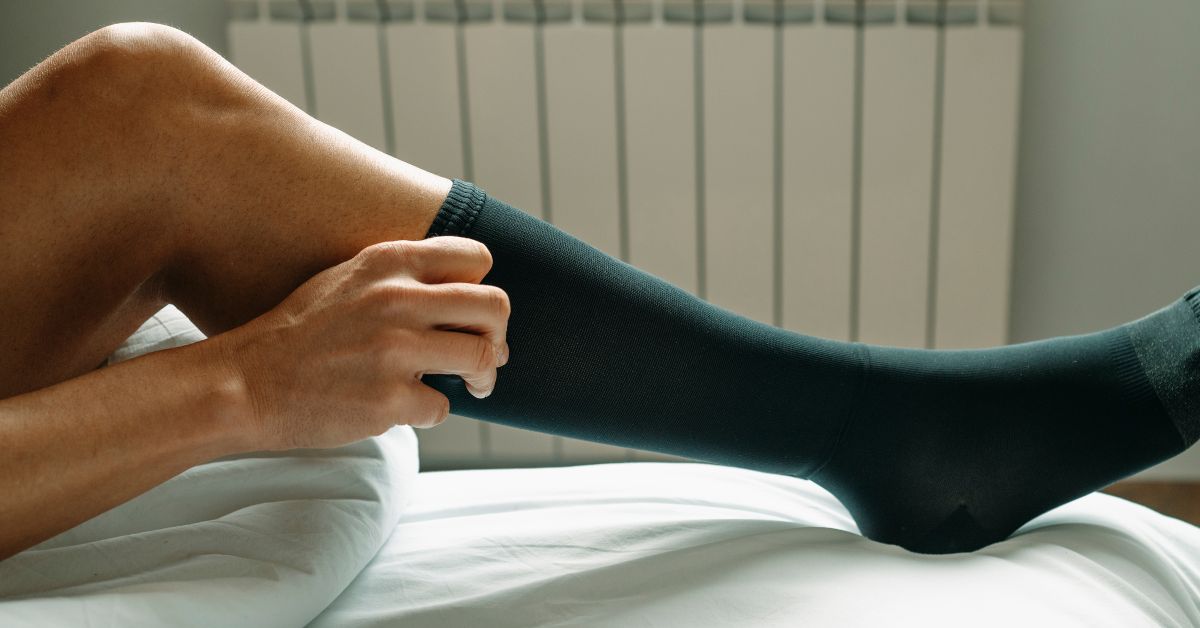
4. Compression Stockings
Compression stockings are a simple and effective way to manage varicose veins. These specially designed stockings apply gentle pressure to your legs, helping to improve blood circulation and reduce swelling. Consult with your doctor to determine the right compression level and style for your specific condition.
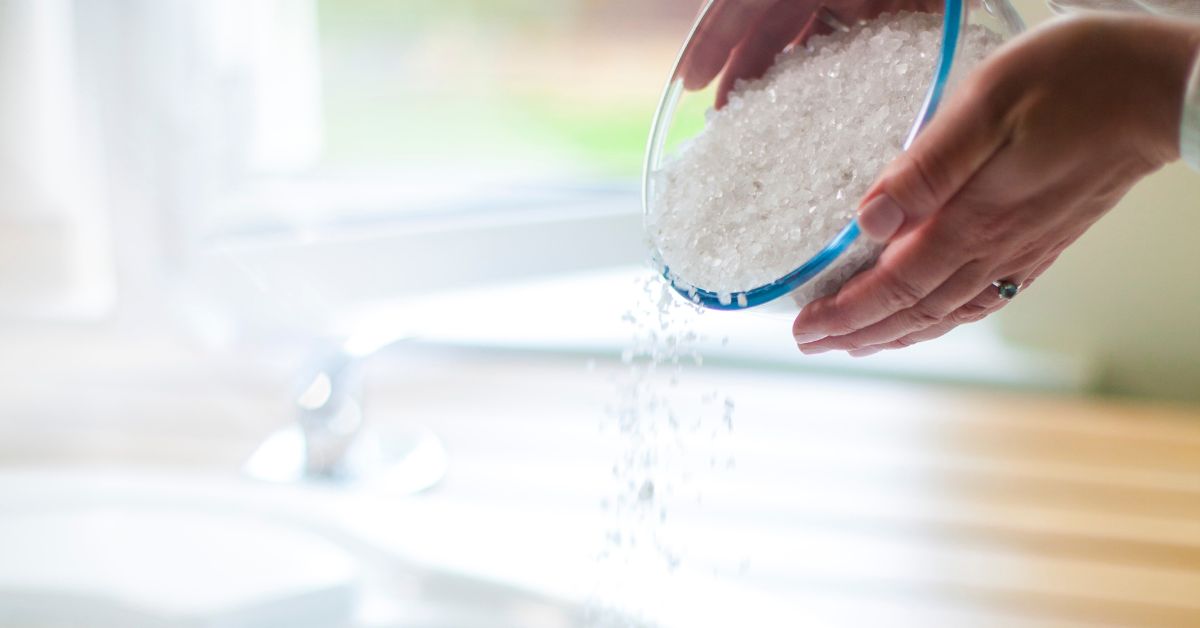
5. At-Home Remedies
Several at-home remedies can provide relief from varicose vein symptoms. Cold compresses can help reduce swelling, while warm baths with Epsom salts may soothe discomfort. Additionally, incorporating anti-inflammatory foods like ginger and turmeric into your diet can contribute to overall vascular health.
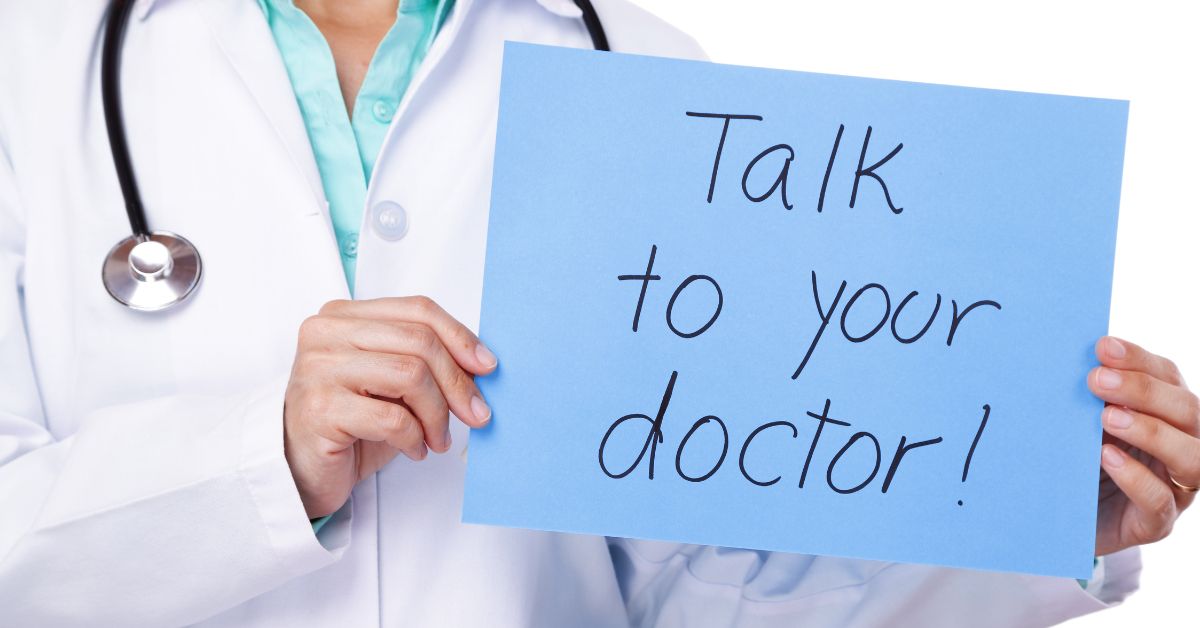
6. Consult Your Doctor about Vascular Surgery
For more severe cases of varicose veins, talking to your doctor about vascular surgery may be a viable option. Endovenous laser treatment (EVLT) and radiofrequency ablation (RFA) are minimally invasive procedures that can effectively close off problematic veins, redirecting blood flow to healthier veins. These procedures are typically outpatient and require minimal recovery time. Discuss with your healthcare provider to determine if vascular surgery is the right choice for you.
Consult with your physician to create a personalized plan that addresses your specific needs and ensures the most effective management of varicose veins.
